42 misleading information on food labels
› nutritionsource › food-labelUnderstanding Food Labels | The Nutrition Source | Harvard T ... All FOP labels in the U.S. are voluntary, which allows food manufacturers to highlight or hide the nutrition information they choose to help promote or preserve sales. If warning labels became mandatory, as public health advocates propose, the pressure on manufacturers would increase to change certain products to improve their nutritional quality. Guidance for Industry: Food Labeling Guide | FDA Questions concerning the labeling of food products may be directed to the Food Labeling and Standards Staff (HFS-820), Office of Nutrition, Labeling, and Dietary Supplements, Center for Food ...
Labeling Requirements - Misbranding | FDA - U.S. Food and Drug ... Section 502 of the Federal Food, Drug and Cosmetic Act (FFDCA) contains provisions on misbranding including some that relate to false or misleading labeling. A device's labeling misbrands the...
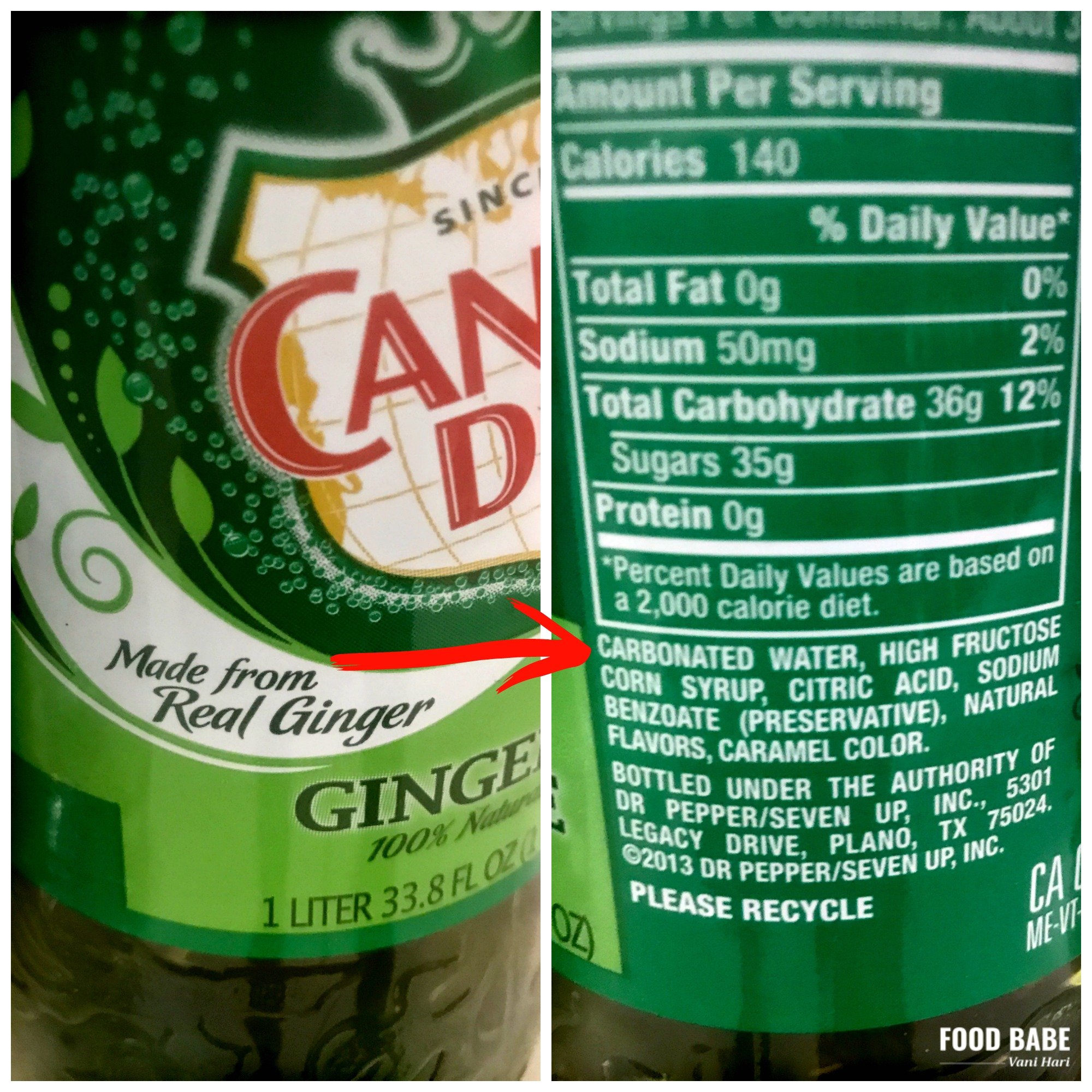
Misleading information on food labels
Why Misleading Food Labels Are Everywhere - Chris Kresser Other times, food labels can be downright misleading. Certain marketing phrases added to packaging try to convince us that foods are healthier than they might actually be. Don't fall for them! "Gluten-Free" Products proudly display a "gluten-free" banner to convince consumers that it's a healthy choice. Nutritional Analysis & Food Label Nutrition Facts | FDA Compliant ... FDA-compliant nutrition labels help you avoid misleading statements and claims to assure your food label artwork conveys truthful messaging. Along with preventing avoidable customer injury and potential litigation, compliant food labeling supports customers who are searching for the best food products for their families. 5 Misleading Food Labels - Gaples Institute But gauging the health quality of foods can be a daunting challenge—made all the more difficult by misleading nutrition labels. Here are 5 common food-labeling tricks to watch out for, along with some proven strategies to avoid falling victim to marketing gambits: 1. Label says "Made with Whole Grains" Implies: 100% of grains used are whole.
Misleading information on food labels. The Importance of Food Labels | Requirements for Packaging 7.9.2018 · Your pre-packaged food must include the following on its labels: The name of the food. This must be a true representation of your product and must not be false or misleading. A list of ingredients. You must use ‘Ingredients’ as the heading and list the ingredients used to make the product in descending order of weight. Understanding Food Labels | The Nutrition Source | Harvard T.H. All FOP labels in the U.S. are voluntary, which allows food manufacturers to highlight or hide the nutrition information they choose to help promote or preserve sales. If warning labels became mandatory, as public health advocates propose, the pressure on manufacturers would increase to change certain products to improve their nutritional quality. Why Lawsuits Over 'Misleading' Food Labels Are Surging - The New York Times The misleading labels, the plaintiffs say, seek to profit off consumers' growing interest in clean eating, animal welfare and environmentally friendly agriculture — but without making meaningful... 8 misleading food marketing labels | AGDAILY This label is misleading because many consumers assume it means the food is healthier, safer and/or better for the environment when that's not necessarily the case. 4. Non-GMO Many consumers assume that if a product has a non-GMO label, it must be superior to a similar product next to it without that label, but that's not true at all.
modernhealthmonk.com › 29-misleading-food-labelsIn Pictures: 29 Foods With “Health Claims” That Are Deceiving ... Apr 26, 2013 · Foods With Health Claims: The Surprising Ways That Food Companies Try to Trick You. I casually walked through every aisle of the grocery store and picked out things with labels that could be considered misleading, or otherwise made you think the product is healthy. Things that children or uninformed people might fall for. The first one? Snapple. The misleading claims on food labels - Ecooe Life The common misleading claims on food labels are as follows: Natural: this is maybe the most abused word by food industry giants. It can be simply related to a certain part that is natural. For example, the food is claimed to come from a natural source like pasture. Multigrain: It sounds like the food is full of whole grains, however, it just ... Food Labeling - USDA Several federal agencies are involved in the regulation of food labels in the United States. Food labeling is generally regulated by the United States Department of Agriculture (USDA) and the United States Food and Drug Administration (FDA). The Food Safety and Inspection Service (FSIS), a public health agency within the USDA, is responsible for ensuring that the nation’s … › regulatory-information › search-fdaGuidance for Industry: Food Labeling Guide | FDA Questions concerning the labeling of food products may be directed to the Food Labeling and Standards Staff (HFS-820), Office of Nutrition, Labeling, and Dietary Supplements, Center for Food ...
15-point plan against misleading labelling and advertising As long as misleading labelling is legal, companies will not change their ways. Therefore, these fraudulent practices must be prohibited. Self-invented seals of approval and voluntary commitments by industry will do nothing to help the situation. The only solution is to establish clear legal requirements for understandable product information. 13 Misleading Food Label Claims and How Not to Be Tricked - Sentient Media The 13 Most Misleading Food Label Claims Reading a food label can be challenging because different trigger words used on packaging are subject to different regulations. Some label claims that are frequently used are subject to stringent rules around the contents of the product, while others have no regulatory guidance at all. 1. The Truth Behind Those Misleading Food Labels - LIWLI Food labels offer misleading information and inaccurate catch phrases that can trick even the savviest shopper. It is important to know what these words actually mean in order to choose the foods that offer the highest levels of vitamins and nutrients. Here are some common claims you will see on food labels. How to Read a Food Label - FoodAllergy.org Per the U.S. Food and Drug Administration (FDA), advisory food labels “should not be used as a substitute for adhering to current good manufacturing practices and must be truthful and not misleading.” Other Allergen Statements. Phrases such …
Misleading Food Labels Misleading food labels could put you at risk. Food producers often use labels as a marketing tool & you might not be getting what you think
foodlab.comNutritional Analysis & Food Label Nutrition Facts | FDA ... FDA-compliant nutrition labels help you avoid misleading statements and claims to assure your food label artwork conveys truthful messaging. Along with preventing avoidable customer injury and potential litigation, compliant food labeling supports customers who are searching for the best food products for their families.
10 Bogus & Misleading Claims On Food Labels - Food and Cooking Guide Following are 10 misleading food label claims and what they really mean! #1 - All-Natural Foods… Are They Always Healthy? What's the first thing you think of when you pick up a food package bearing the words " all natural "? Probably not high-fructose corn syrup or sodium-based preservatives.
23 Misleading Food Label Claims (+What They Really Mean!) - SkinnyFit They must be true and accurate just like health claims. An example of a nutrient content claim is a food label that says "low in fat" or "good source of calcium". 3. Structure/Function Claims. A structure/function claim describes the role of a nutrient and how it can affect your health from a structural standpoint, for example ...
Misleading food labels: Don't believe everything you read Common misleading food labels include… 'made with whole grains'. This implies 100 percent of grains used are whole. It really means the recipe includes a pinch of whole grains. Choose only products...
In Pictures: 29 Foods With “Health Claims” That Are Deceiving … 26.4.2013 · Seeing as apparently 47% of Americans agree with this statement that “everything causes cancer” (in other words, there’s ambiguous information on what’s healthy food) I did some research. Naturally, I took my research to the grocery store. Foods With Health Claims: The Surprising Ways That Food Companies Try to Trick You
› false-or-misleading-claimsFalse or misleading claims | ACCC False or misleading advertising. These are some of the most common types of false or misleading advertising reported to the ACCC. Fine print and qualifications. It is common practice for advertisements to include some information in fine print. This information must not contradict the overall message of the advertisement.
Explaining the Labels: Misleading Labels - Center for Food Safety There are few standards for "lightly sweetened." Although the FDA has definitions for terms like reduced sugar, no added sugar, and sugar free, this label can be misleading. "Lightly sweetened" is used to describe many products, including canned fruits, cereals and juices, that are loaded with sugar, corn syrup or other artificial sweeteners. [5]
› hub › importance-ofThe Importance of Food Labels | Requirements for Packaging Sep 07, 2018 · Your pre-packaged food must include the following on its labels: The name of the food. This must be a true representation of your product and must not be false or misleading. A list of ingredients. You must use ‘Ingredients’ as the heading and list the ingredients used to make the product in descending order of weight.
Food Labelling | FAO | Food and Agriculture Organization of the … Food labels convey information about the product’s identity and contents, and on how to handle, prepare and consume it safely. ... One of the main aims of a labelling policy is to prevent food sellers from deliberately misleading consumers through false representations on a package.
Impact of Misleading Food Labels - UKEssays.com A good thing is that the FDA asked fast food restaurants to reduce the amount of trans fat in their foods, probably because this is becoming a more popular food choice for many people. Few other things that food companies can get away with are presenting misleading label claims involving "whole wheat", "all natural" and "good for ...
False or misleading claims | ACCC False or misleading advertising. These are some of the most common types of false or misleading advertising reported to the ACCC. Fine print and qualifications. It is common practice for advertisements to include some information in fine print. This information must not contradict the overall message of the advertisement.
17 Misleading Food Labels Designed To Influence What You Buy - heydayDo Food Marketing Label Tricks 1. Hiding sugar content Disguising sugar with deceptive food labeling is almost an art form with food marketers these days, given the prevalence of obesity ( 1 ), diabetes, & pre-diabetes in our country ( 2 ). 2. Saying something's not there that was never there anyway
Lawsuits Abound Over Misleading Food Labels An Alabama lawyer filed a class action lawsuit against Fresh Market because food in its bakeries doesn't have nutrition labels, reported Legal Newsline (Sept. 22). The lawsuit states the grocery store chain is in violation of FDA regulations that require labels with nutrition facts. The case includes photos of examples like muffins and cookies.
5 Misleading Food Label Claims - Consumer Reports This guide will help you navigate five common health-claim minefields in the grocery aisle. 1. Multigrain. These foods have more than one type of grain, but those grains could be refined, meaning ...
Misleading Nutrition and Food Labels - Health 16 Most Misleading Food Labels Terms like "fat free" or "all natural" are often slapped on a food item that may not be healthy at all. Check out our list of the 16 most common and most misleading...
Surprising ways food labels are misleading, according to experts Some of the worst foods consumed have no label at all because they're eaten outside the home. Here's a look at some of the important facts that don't appear on labels. 'Fake fiber' Most adults only eat about half of the minimum recommended daily allowance for dietary fiber, which is set at 28 grams a day for a 2,000 calorie diet.
Amazon.com: LARGEST Set of 52 Pc Food Storage Containers (26 … 20.8.2018 · Amazon.com: LARGEST Set of 52 Pc Food Storage Containers (26 Container Set) Shazo Airtight Dry Food Space Saver w Interchangeable Lid, 14 Measuring Cups + Spoons, Labels + Marker - One Lid Fits All ... 4.0 out of 5 stars Great set, with a couple of annoying flaws (and one misleading aspect) Reviewed in the United States on March 28 ...
en.wikipedia.org › wiki › Natural_foodNatural food - Wikipedia Natural food and all-natural food are terms in food labeling and marketing with several definitions, often implying foods that are not manufactured by processing.In some countries like the United Kingdom, the term "natural" is defined and regulated; in others, such as the United States, the term natural is not enforced for food labels, although there is USDA regulation of organic labeling.
5 Misleading Food Labels - Gaples Institute But gauging the health quality of foods can be a daunting challenge—made all the more difficult by misleading nutrition labels. Here are 5 common food-labeling tricks to watch out for, along with some proven strategies to avoid falling victim to marketing gambits: 1. Label says "Made with Whole Grains" Implies: 100% of grains used are whole.
Nutritional Analysis & Food Label Nutrition Facts | FDA Compliant ... FDA-compliant nutrition labels help you avoid misleading statements and claims to assure your food label artwork conveys truthful messaging. Along with preventing avoidable customer injury and potential litigation, compliant food labeling supports customers who are searching for the best food products for their families.
Why Misleading Food Labels Are Everywhere - Chris Kresser Other times, food labels can be downright misleading. Certain marketing phrases added to packaging try to convince us that foods are healthier than they might actually be. Don't fall for them! "Gluten-Free" Products proudly display a "gluten-free" banner to convince consumers that it's a healthy choice.





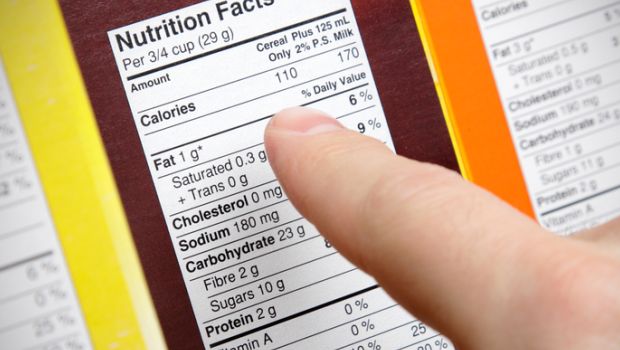





:max_bytes(150000):strip_icc()/whole-wheat-bread-400x400-36fa3e31a83c4dda83bb61e9d41fb969.jpg)



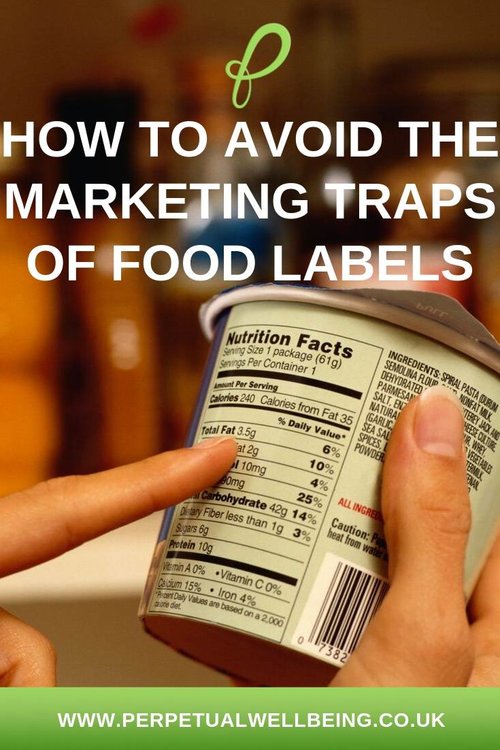

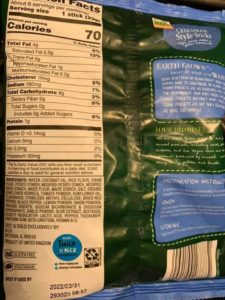



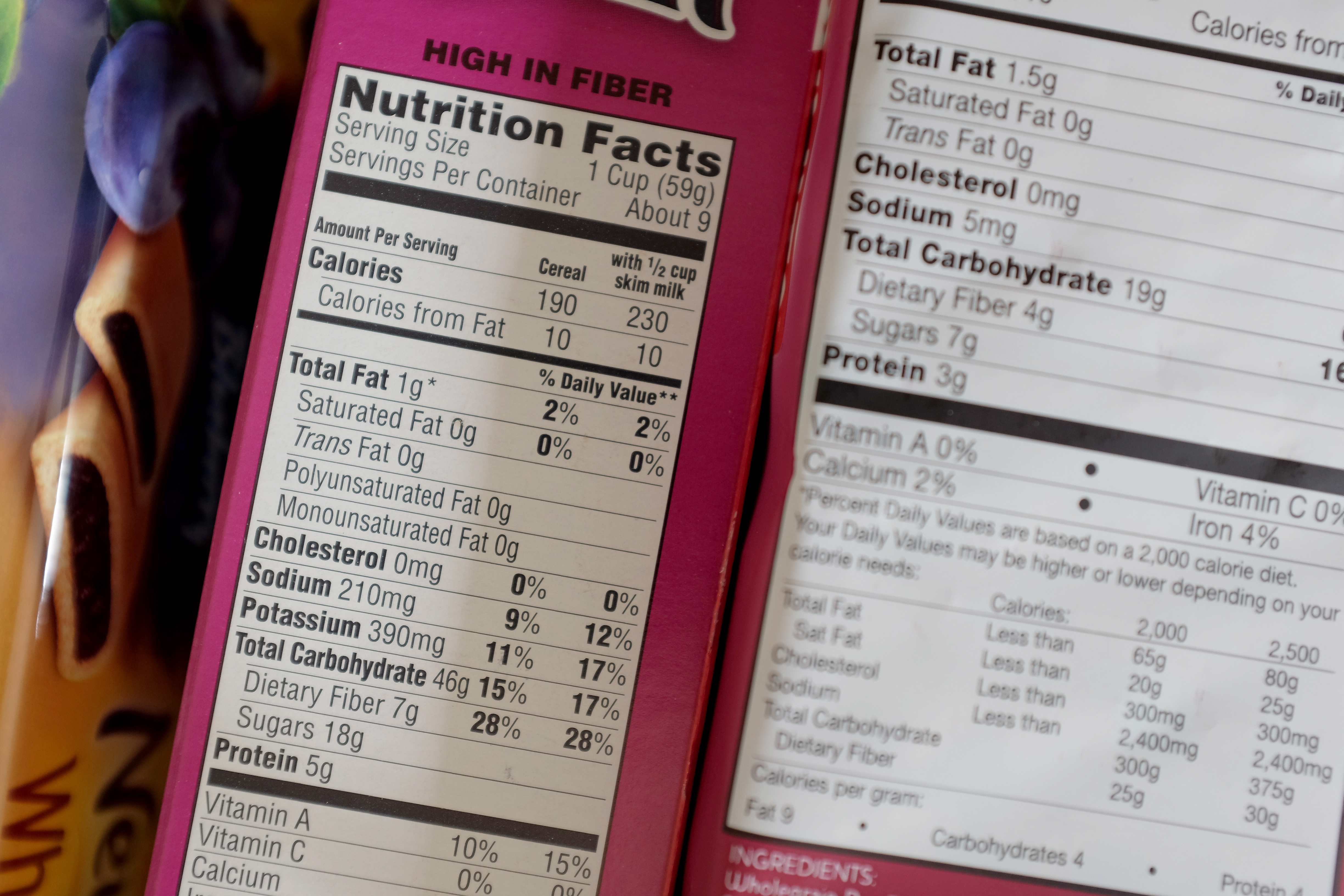
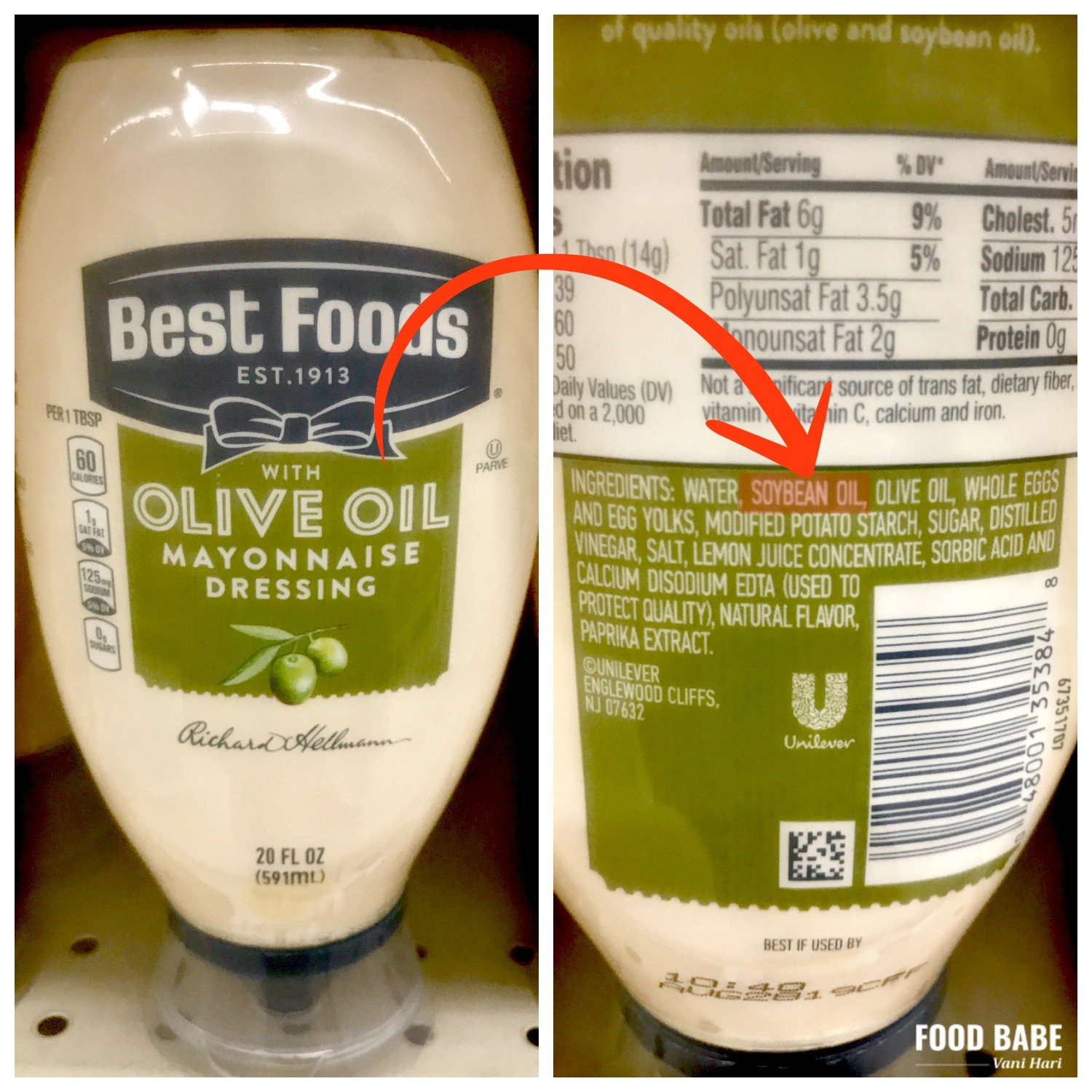
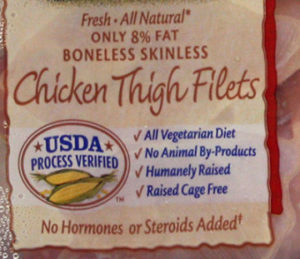
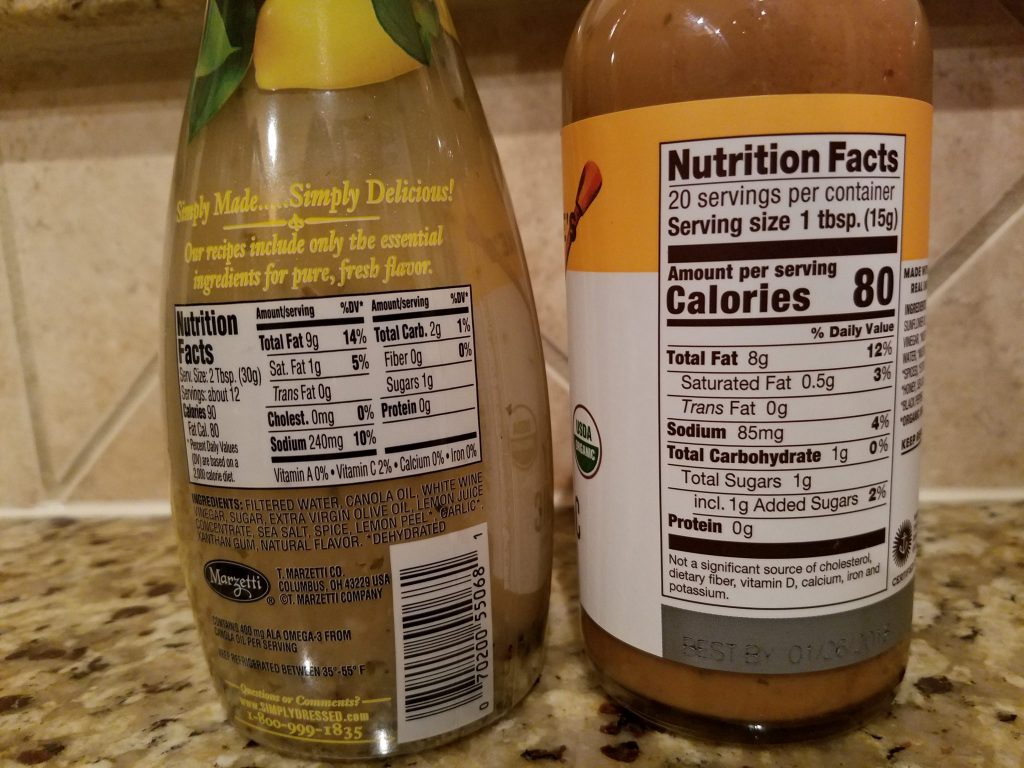




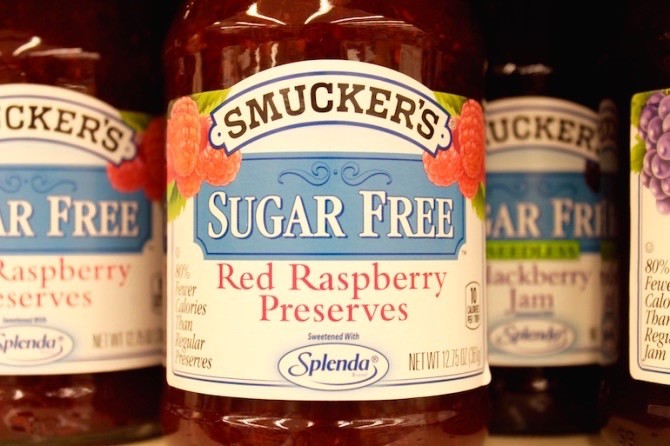
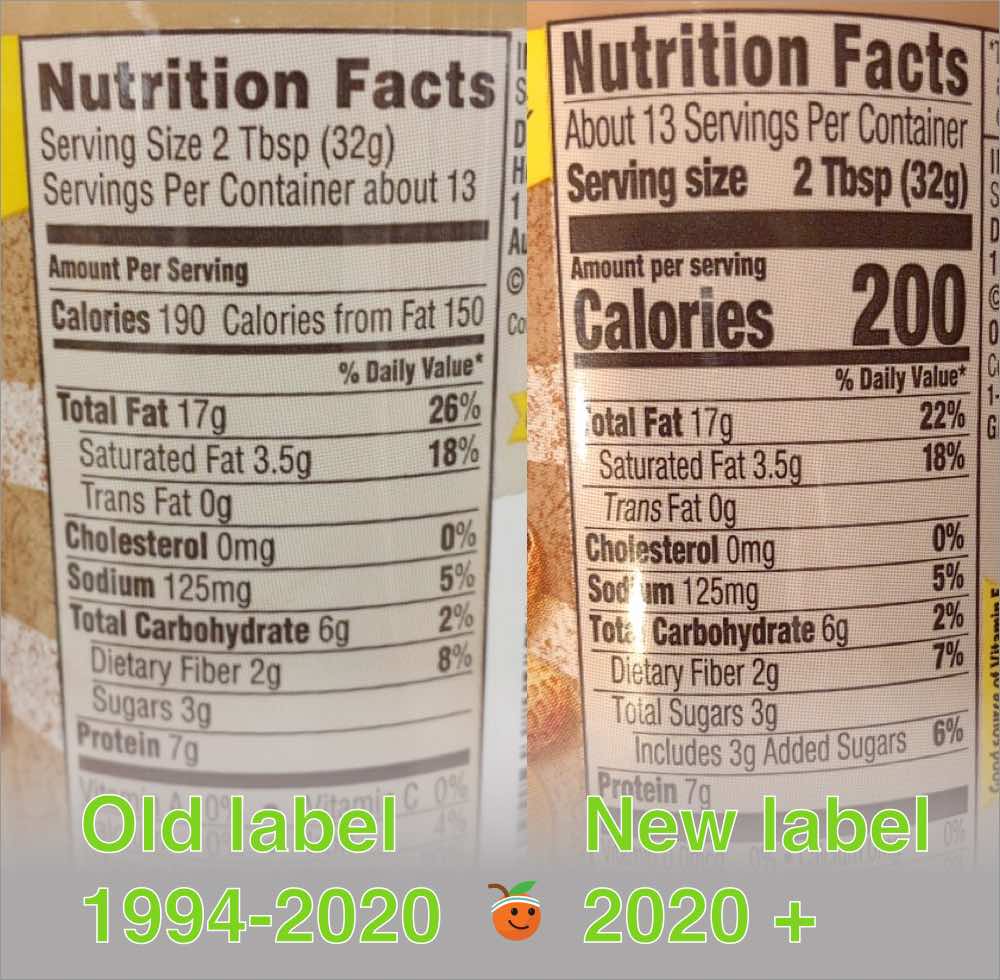



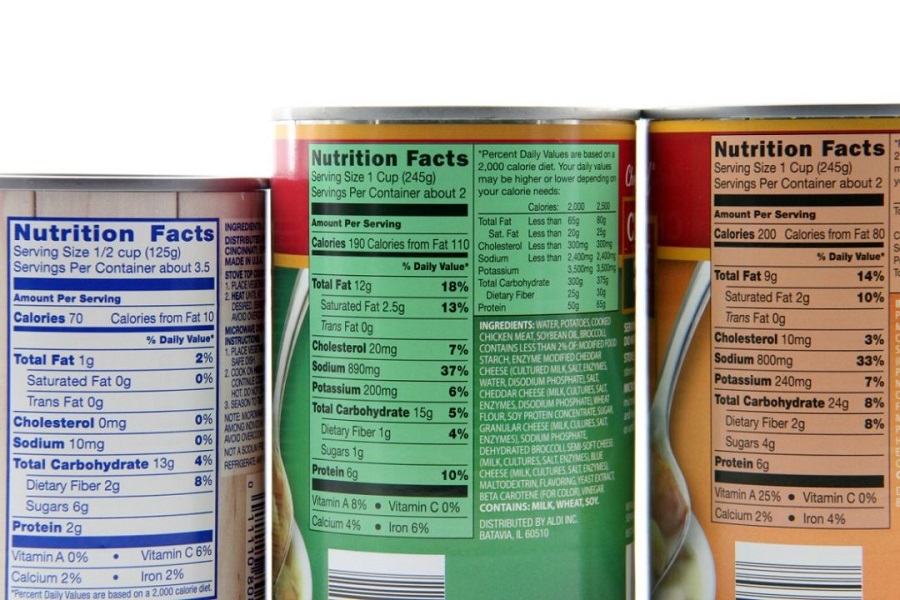
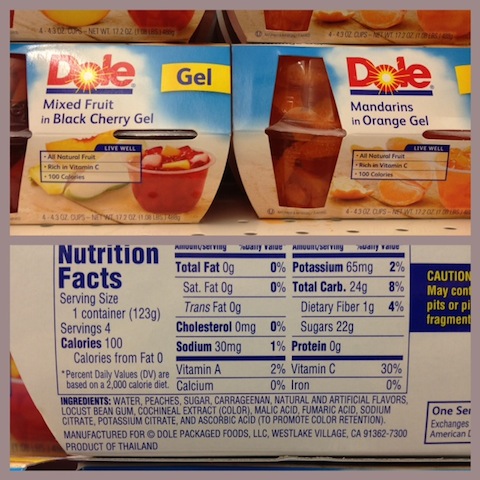
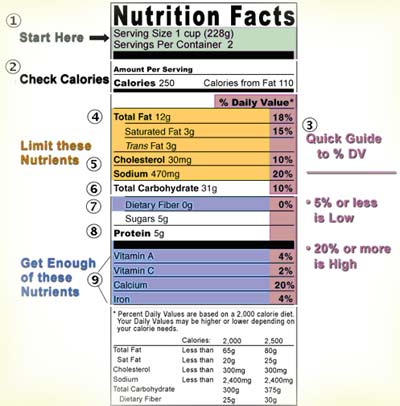

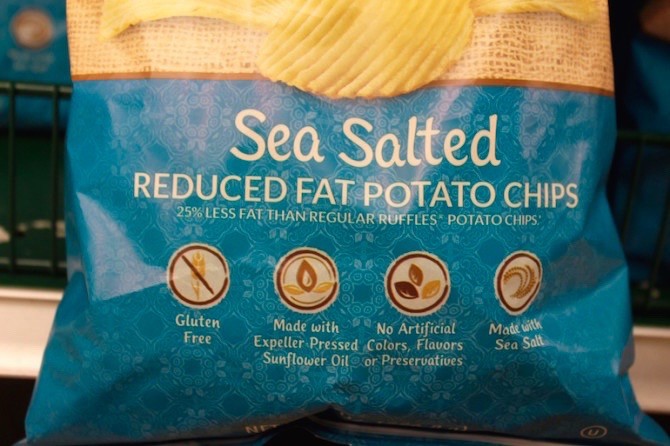

Post a Comment for "42 misleading information on food labels"